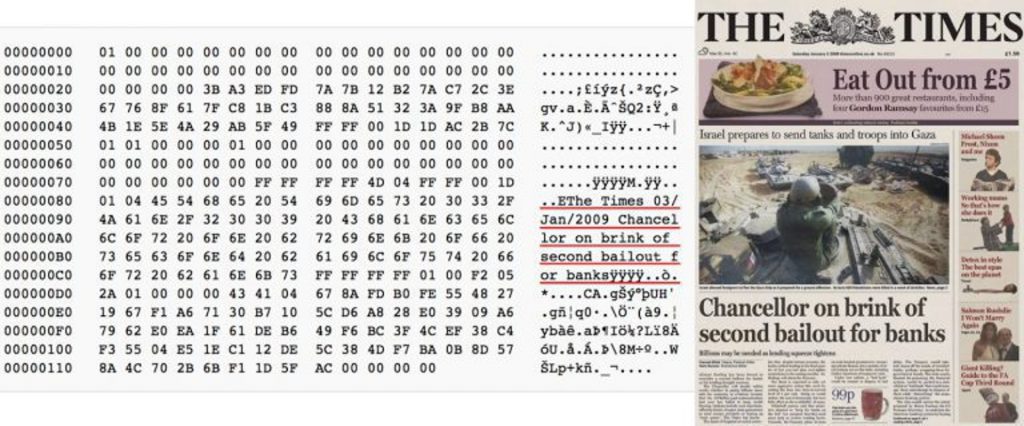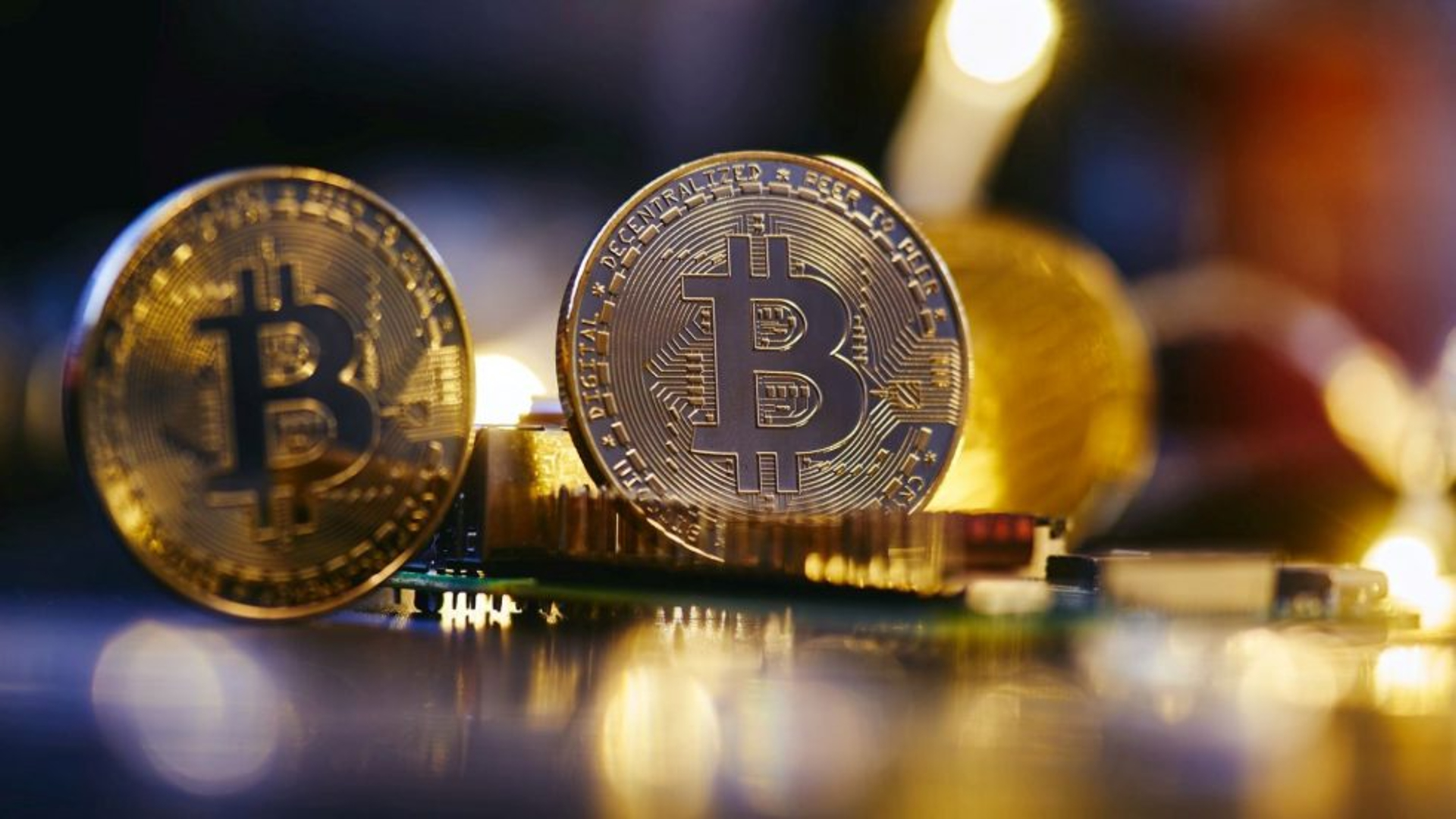In the 15 years since the Genesis Block, the first set of 50 BTCs, was mined in January 2009, Bitcoin’s profile and impact on the global economy has increased exponentially.
The once notoriously obscure subject of cryptocurrency has now made inroads into the mainstream, whether it be casual speculators or people who depend on the cryptocurrency as a financial lifeline.
Hundreds of millions of people around the world have begun to recognize the merits of the truly revolutionary concept of a decentralized peer-to-peer currency.
The Bitcoin network was born when the open-sourced code was released that allowed anyone to begin running the software, mining Bitcoin, and taking steps towards greater economic freedom.
Why was Bitcoin created?
Bitcoin was created by Satoshi Nakamoto, an individual (or group of people) whose identity remains unknown.
Shortly before Bitcoin’s release, Nakamoto sent a link to a cryptography mailing list. The link was to a white paper titled Bitcoin: A Peer-to-Peer Electronic Cash System, in which Nakamoto stated he was working on creating a new electronic cash system.
This system would enable a digital means of payment that would be anonymous and truly peer-to-peer, with no third party involvement.
Bitcoin’s birth coincided with the 2008 recession, when governments were massively increasing the supply of fiat money through quantitative easing.
Whenever a massive increase in the money supply occurs, this inevitably results in inflation: a stealth tax on the savings of individuals. Sound familiar?
As people saw the value of their savings eroded through inflation, governments were handing out massive bailouts for banks deemed too big to fail, despite their role in creating the financial crisis to begin with; a surefire way to break people’s trust in the currency.
So it should come as no surprise that a news headline from January 3, 2009, was found in the Genesis block on the topic of these bank bailouts.

Evidently, Nakomoto had a clear purpose with this project: a way to circumvent the injustice of the financial system. In creating Bitcoin, he set out an aspiration to promote widespread access to digital property rights, empowering individuals to protect themselves against the consequences of government actions.
In simple terms, how does Bitcoin work?
The most unique feature of Bitcoin is nobody is in charge — it is decentralized in the fullest sense of the word. Bitcoin enables peer-to-peer transactions without the need to go through any intermediaries. Moreover, these transactions are instantaneous when using the lightning network (which is built on top of Bitcoin) and unbound by political borders.
Transactions are recorded on the Bitcoin blockchain, which is an irreversible public ledger. Groups of transactions form new blocks, which are then added to the blockchain and communicated to a network of nodes. All of these nodes maintain their own copy of the blockchain, thus enabling the chain of ownership to be verified.
Each unit of 1 BTC, currently equal to around $42,000 as of January 2024, is infinitely divisible. Crucially, unlike fiat currency, Bitcoin has a supply limit, set at 21 million BTC.
Originally, for the first year of its existence, Bitcoin did not yet have a price. That is until May 2010, when a Bitcoiner named Laszlo made the first purchase using Bitcoin — two pizzas for 10,000 BTC, which would eventually have been worth upwards of $400 million.
Bitcoin is “mined” by specialized computers called ASICs that receive a reward for verifying transactions by users on the network. Every four years approximately, the reward for these Bitcoin miners is halved, making sure the supply does not flood the market.
Bitcoin has something for everyone
No knowledge of cryptocurrency mining is required in order to make use of Bitcoin. There are estimated to be more than 300 million cryptocurrency users worldwide, the vast majority of whom are not engaged in mining.
Bitcoin is hard money in cyberspace. As previously mentioned, it can be transferred instantly, peer-to-peer, to anyone, anywhere at any time. This means avoiding the delays and fees normally associated with transferring money internationally. Furthermore, the number of businesses accepting payment in Bitcoin continues to increase every year. Many companies have also taken to adding Bitcoin to their balance sheet as an inflation hedge.
The most infamous use of Bitcoin since its inception has been as a speculative asset. Volatility coupled with overall long-term appreciation has made it particularly interesting to investors looking to make quick profits.
However, as one of the best appreciating assets of the past decade, outperforming traditional assets such as gold, Bitcoin’s long-term unique selling point is as a store of value. It has a unique advantage over both fiat currencies and commodities in that it has a demonstrable finite and fixed supply. This is particularly relevant for those concerned about rising inflation, as Bitcoin can play an important role in protecting individuals’ liquid assets.
The reason many governments have frantically tried to dissuade people from Bitcoin as it fundamentally undermines their authority. In the past, it has been almost impossible for the average person to get around the effects of bad government policies as they wield the law and the use of force.
Private innovation and technology has allowed the average person to have more autonomy over their personal finances. And this time, it cannot be taken away from them.
The importance of individuals’ financial autonomy and the role Bitcoin can play in shaping a freer future will be an important topic of discussion at Students For Liberty’s upcoming LibertyCon International.
What is the best available option for the average person who wants to simply be left alone and stay a few steps ahead of government meddling?
A panel consisting of Robert Breedlove, Lyudmyla Kozlovska, and Jorge Jraissati, moderated by Bitcoin podcaster, Stephan Livera, will discuss why libertarians are losing, and how they can win instead with Bitcoin.
Students For Liberty’s flagship annual event, LibertyCon International will be held in Washington, D.C., on February 2-4, 2024. It promises to be the place for engaging with leading experts and connecting with others who share a dedication to advancing pro-liberty ideas and creating a freer future.
Click on the button below to sign up for updates and secure your spot at this exciting event. We can’t wait to see you there!
A version of this article was previously published in January 2022 on the Students For Liberty website.
This piece solely expresses the opinion of the author and not necessarily the organization as a whole. Students For Liberty is committed to facilitating a broad dialogue for liberty, representing a variety of opinions.



